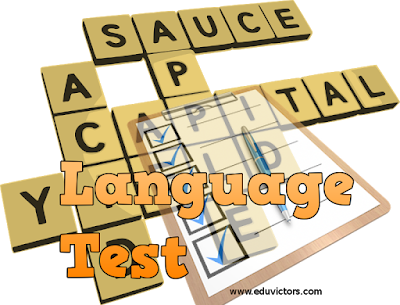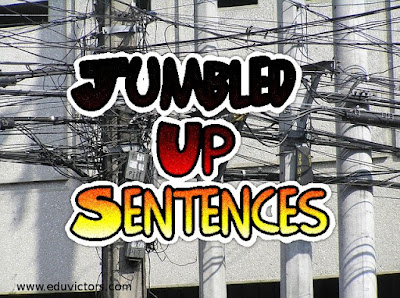Friction (MCQs)
CBSE Class 8 - Science
Q1: The force of friction which opposes the surfaces just to slide one over the other, is called:
(A) Limiting friction.
(B) Rolling friction
(C) Sliding friction
(D) All of these.
Q2: What is the most common way to reduce friction?
(A) Lubrication.
(B) Warning signs.
(C) Eliminate the motion.
(D) None of these.
Q3: Do you want to increase or decrease friction when riding a bicycle?
(A) Increase.
(B) Both.
(C) Decrease.
(D) None of these.


















